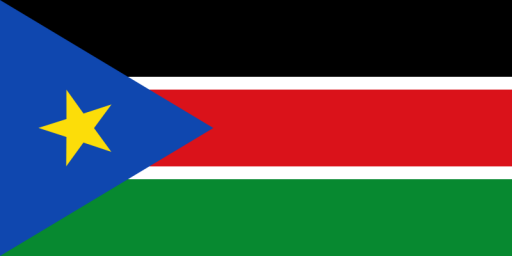Guerrillas Derail Darfur Support Mission
The UN peacekeepers in Darfur are having many of the same difficulties currently being encountered by Coalition forces in Iraq. Christian Science Monitor staff writer Scott Baldauf explains:
Deteriorating security conditions in Darfur — a vast region of Sudan that is equal in size to France — are endangering the largest humanitarian aid operation in the world.
Today, aid convoys have become almost daily targets, with car jackings, armed robbery, and occasional shoot outs. In some cases, aid workers have been forced to abandon their operations in far-flung camps; in other cases, they have been forced to travel by helicopter, increasing the cost of bringing crucial food, shelter, and medical assistance to nearly 4 million people.
Sudan has agreed in principle to allow in UN peacekeeping forces, but the troops are not expected to arrive until next year.
“We can’t distribute food if we’re being shot at, basically, but when you’re feeding millions of people, failure is not an option and security is deteriorating,” says Simon Crittle, a spokesman for the World Food Program. “When you know who the rebels are, and who the government is, you can negotiate with them to get a food convoy through on a certain date. But when you don’t know who’s who, anyone can pull a gun and demand money, it makes it that much more dangerous.”
This is yet another manifestation of the global guerrilla phenomenon John Robb talks about at his blog and his book Brave New War.
Nation building operations are nearly impossible to sustain in this environment. While there were no doubt many serious mistakes made in the transition from the regime change to the reconstruction phase in Iraq, it’s quite likely most of the difficulties we’re now experiencing there would be with us even if our operations planners had the advantage of hindsight. Certainly, the peacekeepers in Darfur have no shortage of regional and international legitimacy and they’ve done nothing to topple existing institutions.




Except for the part where the hindsight enabled planners could have called off the entire thing. We didn’t have to overthrow Hussein, and realistically we shouldn’t have. We should have just left Iraq alone and let him get taken out by the Iraqi people (which would have happened sooner or later).
The same civil war might have developed but it wouldn’t have been our fault which would have put us in the position of possibly helping to minimize the damage. Novel concept.
Sure. Then again, planners often have to deal with missions they’d rather not be assigned.
I argued against most of the missions of the 1990s but they still took place. Political considerations sometimes, if not often, trump calculations of military feasibility.
No argument here. I just don’t accept a thesis founded on the idea that we had to invade Iraq. It was entirely voluntary and any discussion of the history of the mission has to reflect that to be accurate.
One part of invading Iraq that I find particularly frustrating is situations like this. Going into Darfur I think is an action that much of the world could get behind the US on, but can we do it now? No, because we’re in Iraq and worldwide opinion distrusts us because of that.
“Hard” power hamstrung, ‘soft’ power deteriorating, all we can do is sit on the sidelines and say mean comments while hoping someone else will step up to end the bloodshed.